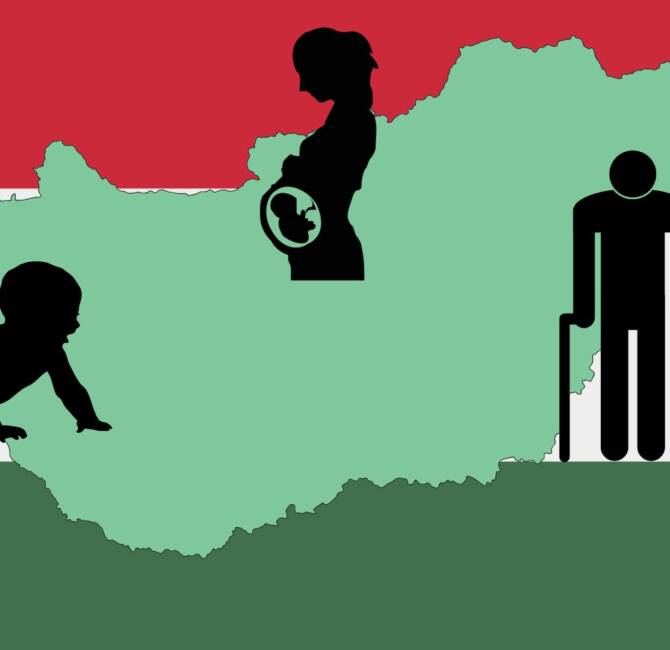Slovakia – A semblance of calm and stability seems to be returning to Slovakia, following the resignation of Slovakia’s Prime Minister, Robert Fico, due to the pressure from civil society organizations, backed from abroad.
After the assassination of the Slovakian journalist Ján Kuciak, suspicions have arisen over the Calabrian mafia present in Slovakia, sucking in particular the European funds – as it does in Italy with the money of the EU intended to help the illegals to come to Europe.
But Ján Kuciak brought up some elements accusing several personalities close to the government, or even members of the government, highlighting their real or supposed links with the mafia. The tragic death of our colleague was quickly exploited for political purposes, in order to push the populist and anti-immigration government to resign.
Robert Fico, a theoretically social-democrat and in fact a populist partially sovereignist, has resigned in order to preserve the stability of the country. Though, Robert Fico will remain “very active” according to his words as “president of the main party of Slovakia”, the SMER. The conditions he imposed for the appointment of his successor allow him to keep control of the country informally and to gain time to counter the offensive of “civil society” against his policy, involved in the Visegrád Group and opposed to mass immigration.
His successor, Peter Pellegrini, was finally appointed Prime Minister by liberal and progressive President Andrej Kiska, despite his reluctance. Activists and NGOs, especially those linked to the Soros networks and enjoying the complacency of the Western press, have stopped the demonstrations for the time being.
The V4 under fire?
Often considered as the weakest part in the V4 because of its small size and its less conspicuous involvement in the Visegrád Group project, Slovakia is however strongly opposed to settlement immigration, a project supported by the immigrationist countries of Western Europe. In 2017, 89% of Slovaks opposed non-European immigration.
The massive mobilization in Slovakia following Ján Kuciak’s murder for accusations of corruption worries the leaders of the other V4 countries, who also know themselves to be in the sight of “civil societies” and related networks. The method used to overthrow Fico was denounced by Viktor Orbán, against whom similar attempts have multiplied since 2015, the year of the migrant crisis and of the revival of the Visegrád Group due to the issue of mass immigration. At the same time, the new Czech Prime Minister Babiš is also struggling with elements of international counter-powers for corruption accusations, and against Poland, bigger piece, it is the EU that leads the fight, with the unprecedented and repeated attempts of legal and societal interference.
It is therefore difficult not to see the application of an anti-V4 agenda from some networks and ideologists opposed to those carried by the governments of the Visegrád Group. On July 1, 2018, Slovakia will take the rotating presidency of the V4 for one year, and according to Slovak diplomacy, this mission will be its priority.




